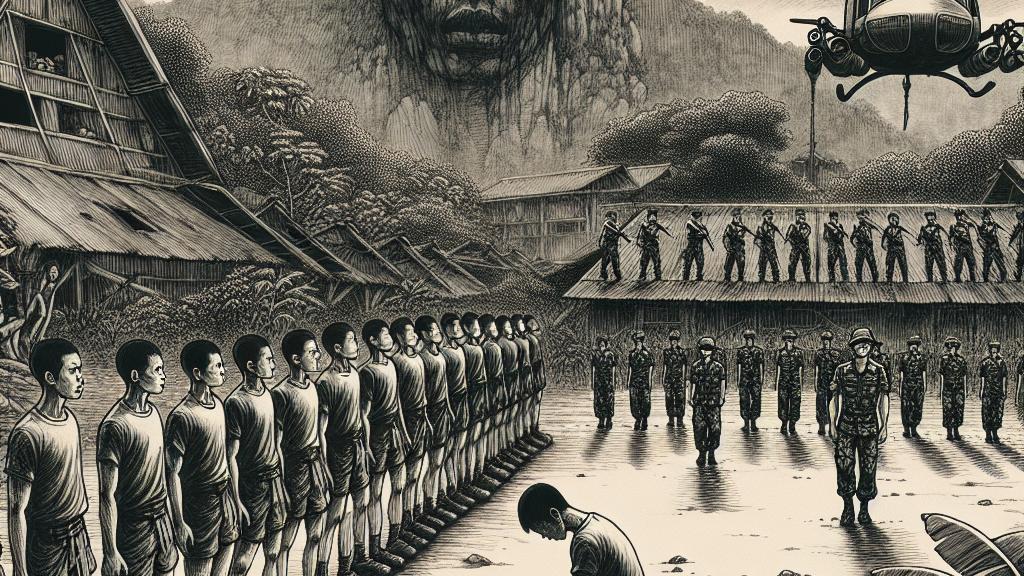Tragedy in Thailand: Soldiers Detained Over Recruit's Fatal Training Injuries
Overview
- Thirteen soldiers detained in connection with the death of 18-year-old recruit, Worapratch Phadmasakul.
- The recruit died after enduring severe physical punishments during military training in Chon Buri.
- Ongoing investigation reveals serious questions about military practices and potential reforms are being called for.

Incident Overview
In Thailand, a tragic event has shocked the nation: the death of 18-year-old recruit Worapratch Phadmasakul has prompted the detention of thirteen soldiers from the 21st Infantry Regiment. Worapratch died on August 2, succumbing to injuries sustained during a harsh training regimen in June. Reports indicate that he endured repeated physical punishments without timely medical intervention, highlighting alarming deficiencies in the treatment and oversight of recruits. This incident raises significant questions regarding the safety protocols in place within military training and the responsibilities of commanding officers to protect their soldiers.
Military Response and Accountability Measures
In light of this tragedy, the Royal Thai Army has pledged to provide compensation to Worapratch's grieving family while conducting a thorough investigation into the case. Disciplinary actions have been initiated against three commanding officers for their failure to supervise their subordinates adequately. Additionally, military oversight committees are carefully reviewing the actions taken by the detained soldiers, including the harsh training practices that led to this unfortunate death. There is also a possibility of further legal actions under the Prevention and Suppression of Torture and Enforced Disappearance Act, signaling a crucial moment for accountability within the military framework.
Broader Implications and Calls for Change
This incident is emblematic of larger systemic issues facing military organizations globally, where reports of abuse and misconduct during training regimes have emerged. Countries around the world are grappling with similar problems, with concerns about the adequacy of training environments, the treatment of recruits, and the protection of service members' rights. In Thailand, as investigations unfold, the public is calling for significant reforms in military training practices to safeguard the rights and welfare of recruits. It is essential for military leadership and policymakers to take actionable steps to implement oversight mechanisms, transparency, and reformed practices that prioritize the safety and dignity of all personnel, ensuring that tragedies like Worapratch's do not recur.

Loading...